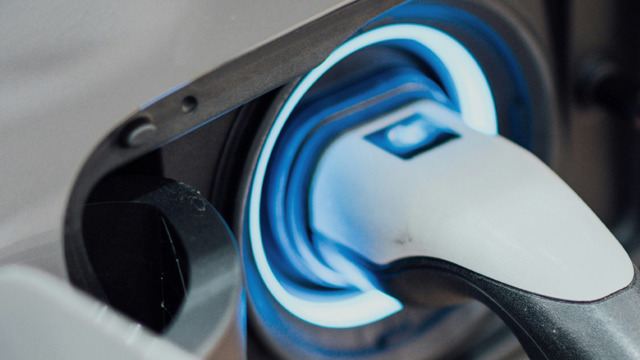Energy Minister Hon Simeon Brown announced on 30 April 2024 the New Zealand Government's latest move in its plan to "supercharge" New Zealand's electric vehicle (EV) charging network. The announcement was for 25 new high-speed EV charging hubs between major urban centres, each with between four and 10 chargers. This is a small step towards the Government's stated goal1 of a charging network comprised of 10,000 EV chargers by 2030, from a base of approximately 1,200 chargers as at September 2023.
This is focused on public charging infrastructure, comprising roadside charging stations, charging stations in public places or commercial facilities open to the public, and charging stations in open car parks2.
This announcement comes off the back of the Government's decision in late 2023 to end the Clean Car Discount that provided a rebate on EV purchases. The Energy Minister said at the time that the shift away from providing direct incentives to EV consumers would instead be channelled into strengthening the EV charging network nationwide. Specifically, the refocus is intended to alleviate range anxiety by those who have not yet transitioned to EVs.
The EV charging market in New Zealand is lagging behind comparable countries such as Australia, Canada and the UK. It has been suggested that this is because of the difficulty in finding adequate locations for the chargers, and access to the electricity grid within the current regulatory market.3
The Government intends to develop a new model to facilitate investment into new EV network infrastructure (the "Supercharging EV infrastructure work programme"), based on the model used for the roll-out of the fibre broadband network in New Zealand4. This is intended to involve "clear standards and the use of limited public funds to attract private investment through a competitive bidding process to reduce costs and support investment in underserved areas," and will also involve the development of a cost-benefit framework for Government co-investment in public EV chargers (as was committed to in the National Act Coalition Agreement). The announcement stated that decisions on this model will be confirmed late 2024, so this will be something for investors to keep an eye out for.
This announcement coincided with the opening of the $15 million Low Emission Transport Fund's public EV charging urban infill programme. This allows applicants to receive up to 35% of the cost of installing new or additional public chargers in urban locations (and 100% of the cost of the electrical connection to the location). Further details, including RFP documents, can be found on the EECA's website or on GETS. Proposals can be submitted until 31 May 2024, and the EECA is holding a Q&A webinar on 8 May 2024.
The Government's proposed work programme also encompasses several additional limbs, including:
- enabling standards to improve consumers capability to shift home EV charging demand away from network “peaks”;
- collaborating with the Electricity Authority on addressing barriers to EV charging connections across all electricity distributors (a key issue previously raised by industry participants); and
- setting up a "Cross Agency Taskforce" to guide the work programme and engage with the industry.
Reducing red tape
EV infrastructure developers and investors will be pleased with the confirmation in the announcement of the Government's intention to reduce red tape and regulation, including the removal of the requirement for a resource consent for the installation of public EV chargers. The Minister's announcement did not provide any details of the proposed new regulatory landscape, or timeframes in which it would be implemented.
Overseas investment implications
In particular, there has been no indication on whether there will be an exemption from the requirement to obtain approval under the Overseas Investment Act 2005, which is required for overseas investors investing in sensitive land, or where they wish to invest more than $100 million (the usual threshold which requires a "significant business assets" approval under the Act). In our view:
- Such an exemption would be very beneficial in encouraging overseas investment in EV charging – this is because if the land is purchased freehold, or is subject to a long-term lease (as opposed to a licence), the Act aggregates such land interests for the purposes of determining whether approval is required. For example, an individual plot of land on which chargers are installed in rural areas may not trigger the approval requirement, but a network of those plots could together exceed the sensitive land thresholds.
- In addition, the significant investment required to raise the number of EV chargers to 10,000 chargers may exceed the usual $100 million threshold at which a "significant business assets" approval would be required (the Government has proposed spending $257 million on the chargers itself, so multiples of that amount are likely to be required from the private sector).
- While we expect that approval under the Act would be able to be obtained given the benefits to New Zealand arising from the investment, the approval process could impose unnecessary time and cost, when the clear intent is to get the chargers up and running quickly and efficiently.



